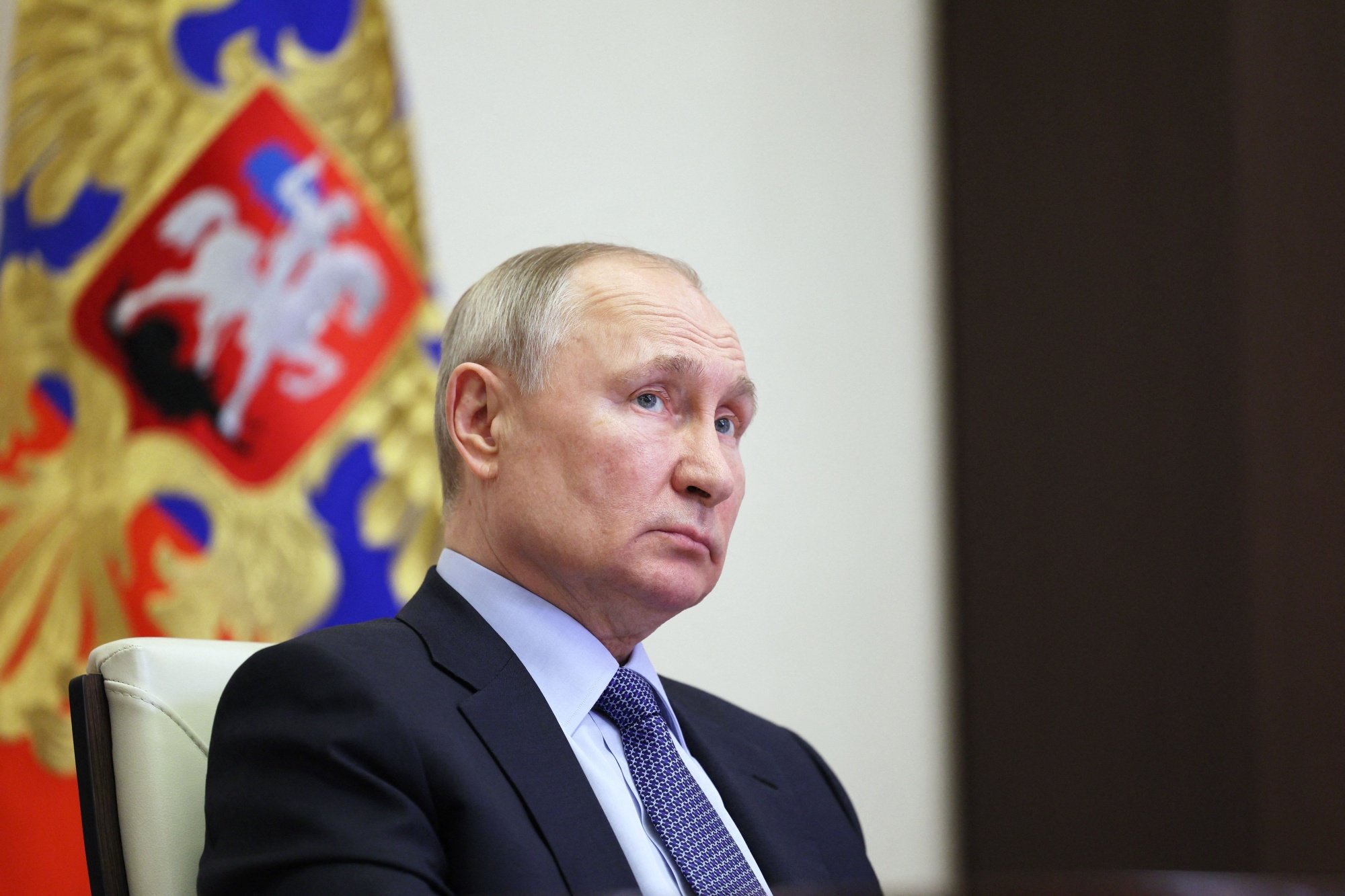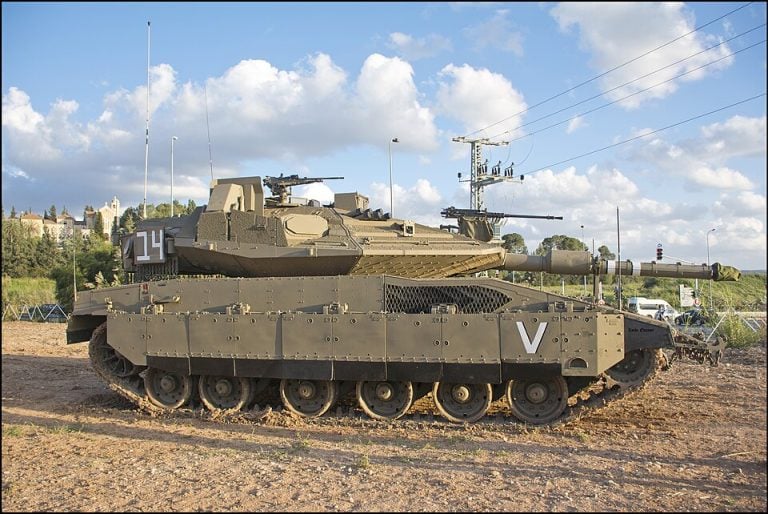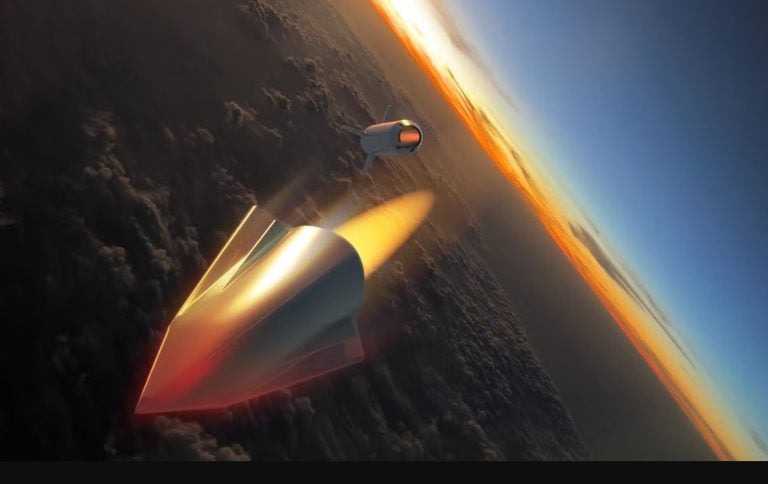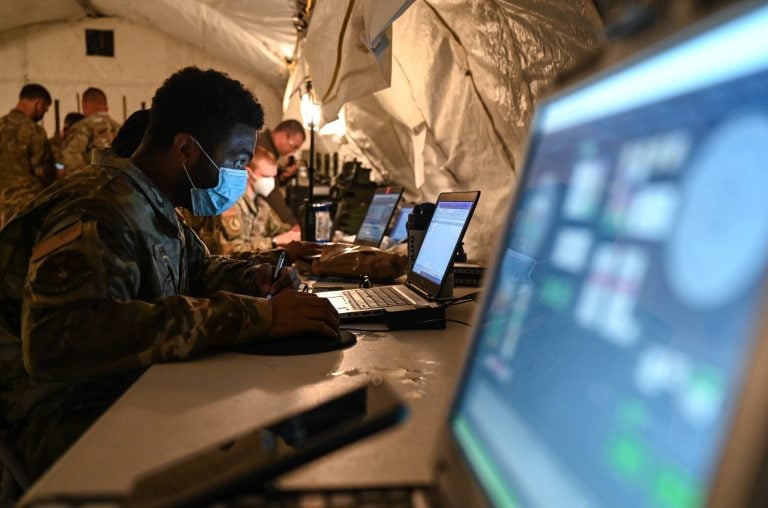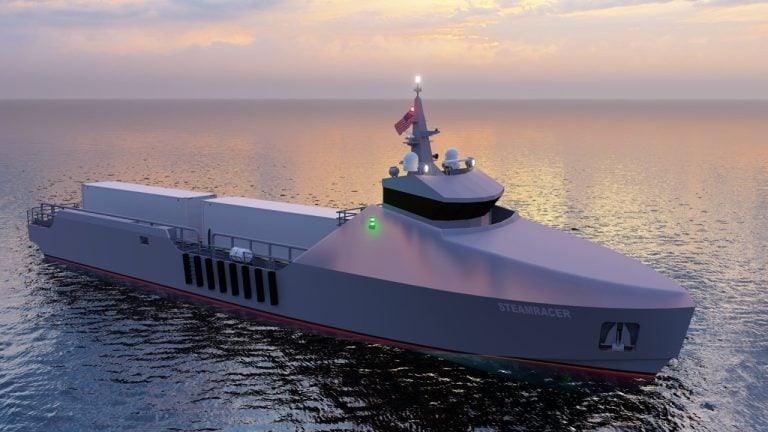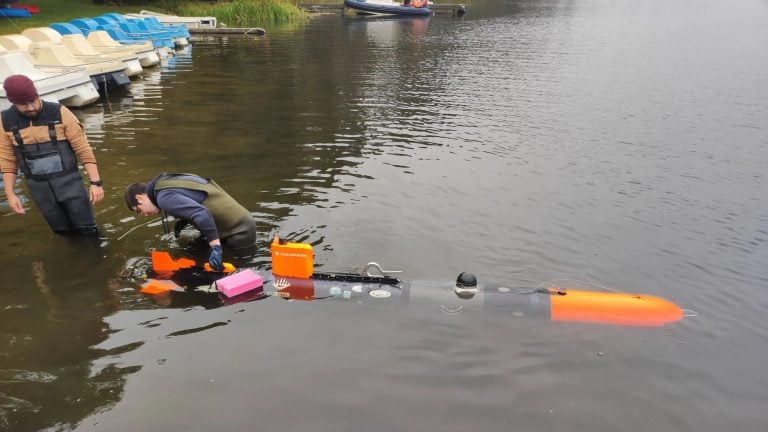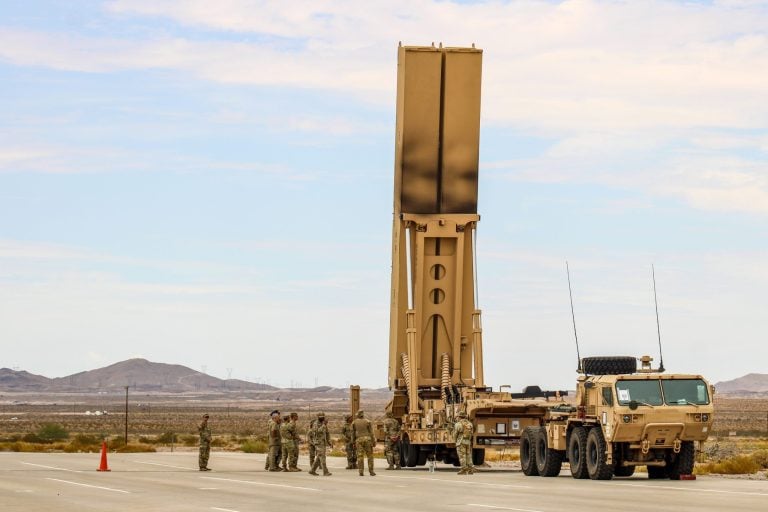Peace negotiations between Russia and Ukraine are currently on hold, with Ukrainian President Volodymyr Zelensky asserting that his Russian counterpart, Vladimir Putin, still aims to seize control of all of Ukraine. This development comes as tensions in the region escalate, particularly following recent incidents involving Russian drones in Polish airspace, which have spurred NATO to bolster its eastern defenses.
Kremlin spokesman Dmitry Peskov confirmed the “pause” in negotiations, suggesting that while channels for communication remain open, no immediate progress is expected. He advised against harboring overly optimistic expectations regarding the peace process.
Zelensky, speaking at a conference in Kyiv, emphasized skepticism toward Putin’s intentions. He argued that Russian military ambitions have intensified, making it clear that Putin’s overarching goal remains the occupation of Ukraine. Zelensky called on Western allies to leverage their influence over China to help halt Moscow’s advancing military operations.
Concurrency of views emerged from the United States, where former President Donald Trump expressed his diminishing patience with Putin’s intransigence, noting that the failure to reach a resolution has persisted despite multiple attempts to initiate direct talks. Trump, highlighting the complexities in the dynamics between Zelensky and Putin, remarked that if a settlement is to be achieved, decisive action will be necessary.
Ukraine has firmly declared that it will not concede any territory in exchange for peace, but it has expressed a desire for a summit between Zelensky and Putin to address the deadlock. Conversely, Putin has indicated strong opposition to the idea, threatening consequences for any Western military intervention without his consent.
The ongoing conflict has wrought heavy human and economic tolls on Ukraine, resulting in significant loss of life and the displacement of millions.
Amid these escalating tensions, Poland reported an incursion of Russian drones into its airspace, with several downed by NATO allies. Polish officials have condemned this action as a “destabilizing escalation,” and an emergency meeting of the United Nations Security Council has been requested by Poland.
In response, NATO Secretary-General Mark Rutte announced plans for reinforcing the alliance’s eastern front, with contributions from nations including Denmark, France, Britain, and Germany. British authorities have also unveiled new sanctions targeting Russia’s military supply chains.
Polish Prime Minister Donald Tusk emphasized that the drone incident was not merely a mistake, refuting suggestions that it could have been accidental, and warned that Poland is closer to the risk of “open conflict” than at any time since World War II.
Concurrent military exercises between Russia and Belarus have further heightened tensions in Eastern Europe. These drills, involving heavy military equipment near Poland’s border, have prompted Poland to position approximately 40,000 troops in the area as a precaution.
While both Russia and Belarus have dismissed claims that their military activities pose a threat, the demonstrations of military readiness have amplified apprehensions in the region.
